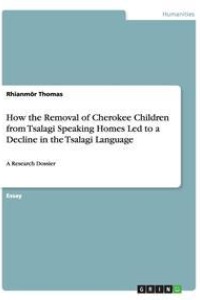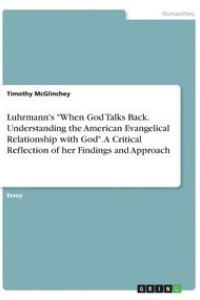
Liknande böcker
The Kurdish-Turkish Conflict and its Relation to the Theories of Misperception, Identity and Culture : Comparing of Several Theories about the Origin of Conflicts with the Turkish-Kurdish Conflict
Bok av Uta Freyer
Essay from the year 2014 in the subject Asian studies, grade: 85/100, , course: Theories and Issues in Intergroup Conflicts, language: English, abstract: In this essay, I will compare several theories about the origin of conflicts with the Kurdish-Turkish conflict. I will start to illustrate the connection between "War and Misperception (Jervis 1988) and the conflict; further I want to disclose the theory of "Identity and Conflict" (Brewer 2011) and "The Cultural Dynamics of Ethnic Conflict" (Ross 1998) in relation to the history of the Kurds.
The Kurdish-Turkish conflict is an armed conflict between the Republic of Turkey and various Kurdish insurgent groups, which have demanded separation from Turkey to create an independent Kurdistan, or to have autonomy and greater political and cultural rights for Kurds inside the Republic of Turkey. The main rebel group is the Kurdistan Workers' Party or PKK, which is considered a terrorist organisation by Turkey, the United States, the European Union and NATO. The PKK was founded in 1978.
There have been many revolts between the Turkish and Kurdish population in the history; but the revolt since 1984, when the PKK attacked Turkish police stations and military bases, is the longest ongoing since ever. In 2013, Abdullah calan, the leader of the PKK, announced the end of armed struggle and a ceasefire with peace talks.
The Kurdish population with 25-30 Million people are worldwide the biggest nation without a state. They are divided into several states in which they live as a minority. Most Kurdish people live in Turkey and Iraq, but there are also minorities in Iran and northern Syria. In every country the Kurdish population needs to fight for recognition and equal rights, but the strongest troubles took place in Turkey.







